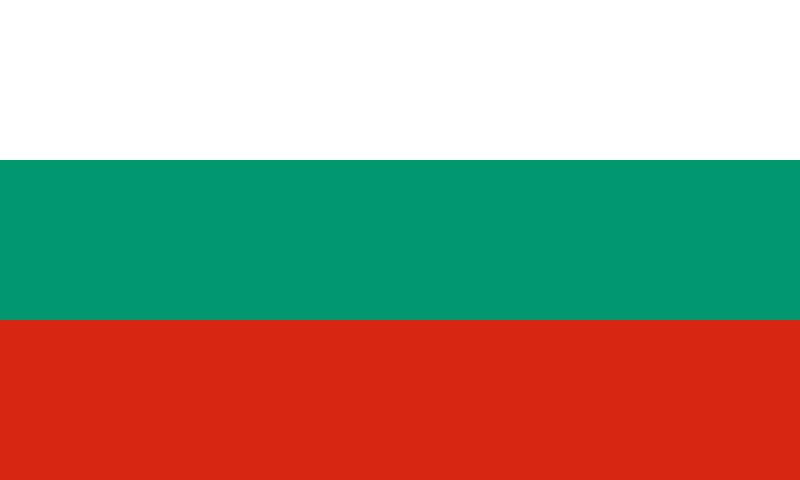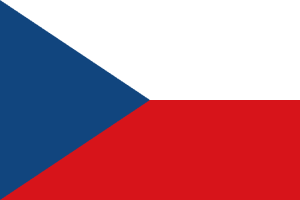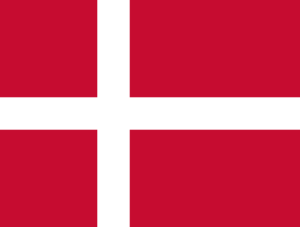Four key facts to understand
- FACT 1: Bulgaria has a high level of poverty. Still above 30% are at poverty or social exclusion while EU average is around 21,7% according to Eurostat standards and targets as well as increasing debt of the household
- FACT 2: The volume of consumer loans raised by 15 % since 2019 and more than 2,82 million Bulgarians have loans, Some have more than one. One third of the loans are taken and used for refinancing and debt consolidation. Most of Non-Performing Loans (NPL) are outside of the statistics being sold from financial institutions to soft collection companies.
- FACT 3: Bulgaria’s current consumer protection needs to be reinforced in practice to prevent an indebtedness situation:
- There is no organized free debt advice network in the country to support individuals. Debt advisory services are run by lawyers and consultants at high financial costs. There is actually only one service who does debt advice (legal, psychological and finance support) for free (www.temidafoundation.bg).
- Bulgaria is one of the last EU country with no clear bankruptcy law. An interpretative decision allows debtors to use the bankruptcy law (previously for business only) on a case-by-case basis.
- FACT 4: Bulgaria’s current consumer awareness on financial literacy according to OECDE survey is bellow EU average There are as well many free or paid uncoordinated initiatives for improving financial literacy managed by the state or NGO’s. There is no sharing of expertise or coordination between these initiatives because they are depending on their financing.
The Ministry of Finance started in 2021 a program (together with OECD and The Netherlands) to improve the financial literacy in Bulgaria. The program runs until 2025 but is still in definition phase.
The Temifafoundation runs an informative website about financial and
debt management: https://www.temidafoundation.com/


